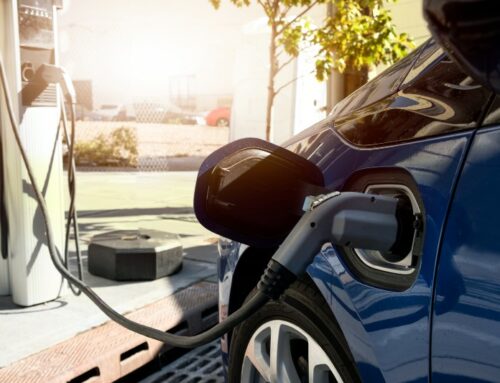A THIRD of dealers have changed the types of cars they are stocking in response to the cost of living crisis, the dealer section of July’s Startline Used Car Tracker shows.
More economical cars are being offered by 26%, cars that cost less to lease or buy by 24% and smaller cars by 13%, according to the recently-introduced survey, now in its third month.
Changing consumer preferences is the main driver for the move with 37% of dealers saying buyers now want cars that are more economical to run, 29% cars that cost less to buy or lease and 15% smaller cars.
Gregor Sutherland, COO at Startline Motor Finance, said: “It’s clear that the effects of the cost of living crisis are affecting consumer used car choices and many are thinking about what their new purchase will cost to run.
“Dealers are already starting to react to this within their stock mix, and we could see demand for smaller, cheaper, more economical cars continue to rise throughout the rest of this year at least. It could have quite an effect on the shape of the used car sector as consumers and dealers adjust to more stringent economic conditions.”
Dealer sentiment regarding the used car sector also continues to fall. In the June Startline Used Car Tracker, there was a marked 21% drop (to 12%) in dealers who felt optimistic about the used car sector and, while this metric has recovered by a single percentage point this month, there has also been a 9% increase in those who feel pessimistic to 43%.
Pessimistic dealers explained the reasoning behind their feelings with 91% (up 12%) in those saying that consumer confidence is worsening and a 21% increase (to 32%) who believe motor finance availability is weakening.
Motor finance availability was also named in the research as one of the biggest challenges dealers are facing when it comes to future retailing of used cars, with a 6% increase (to 46%) since last month. It was beaten only by limited stock availability, up 2% this month (to 76%).
Sutherland said: “It is clear that dealers feel that consumer confidence is continuing to slide, probably in response to specific factors that are now biting, including tax increases, record petrol prices and more.
“The findings around motor finance are interesting. There is a general tendency among providers to reduce their appetites for lending when economic conditions worsen.”
Dealers were also asked in the July survey about the likelihood of consumers becoming more likely to buy a used car than new. A total of 26% said less likely with 85% citing rising used car prices as the key reason – while 18% said more likely, with the lack of availability of certain new car models being the top factor behind their thinking at 89%.
Sutherland said: “New car supply appears to be, if anything, worsening slightly and dealers who are able to offer in-demand models as high quality used stock are finding a very healthy level of demand from consumers who want them.”
The Startline Used Car Tracker is compiled for Startline Motor Finance by APD Global Research. This month, 300 consumers and 51 dealers were questioned.







Leave A Comment